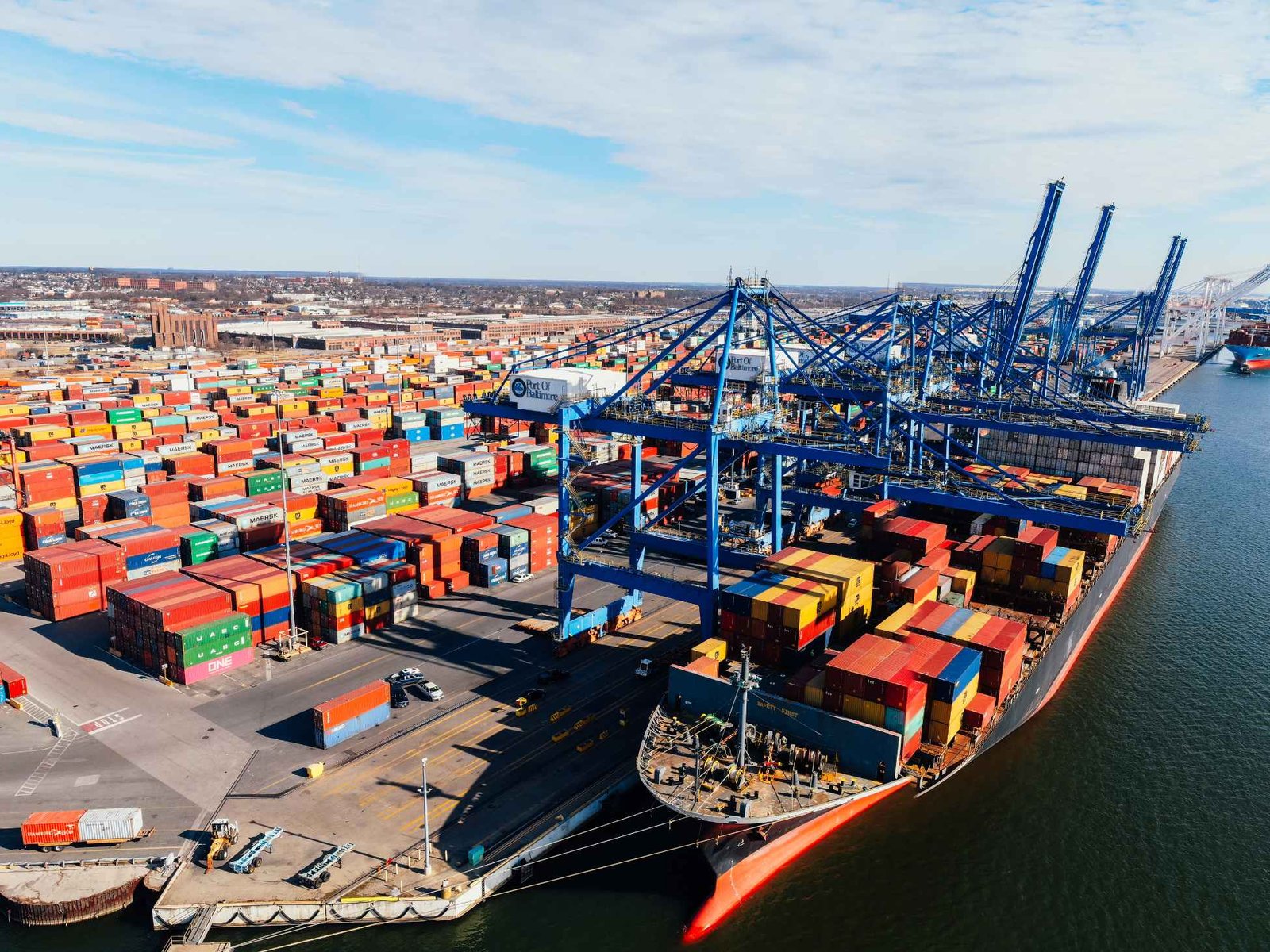Blank sailing is when a shipowner cancels a voyage altogether or skips a port where it was previously scheduled to stop. More often than not, blank sailing is announced by the shipowner just before the actual sailing date, so that cargo has to wait for the next sailing. This significantly impedes the smooth flow of goods in the supply chain.
What are the reasons for blank sailing?
Blank Sailing follows for several reasons, each of which is outlined below:
Low demand for a flight and low number of seats sold
One is that demand is low at a particular time and there is no sold-out space on a particular cruise. For example, if an operator does not fill enough space on a ship and does not want to sail with empty space for economic reasons, it decides to cancel the cruise.
Low rates
In the transport market marine containerisation there are only a few major players, so a few companies have a strong influence on the market. It sometimes happens that a shipowner cancels a particular voyage in order to reduce the amount of space available on the market, thus increasing the price of container rates.
For example, Company X on a given voyage has 50 % occupancy of the ship and either may decide to sail despite low profitability or cancel the voyage thus making the market prices go up and all shipowners earn more. This practice was well seen during the COVID-19 pandemic.
Congestion in ports
A ship sailing from Shanghai to Gdansk, for example, stops at 10 ports along the way. If there is congestion in a particular port and many ships are waiting to enter, the shipowner decides to skip that port so that the rest of the cargo can arrive on time.
Mechanical damage
This situation applies in the event of technical problems with the ship. The ship breaks down before departure and the shipowner is forced to cancel the voyage.
Poor weather conditions
Sometimes extreme weather events can force shipowners to cancel entire voyages. The safety of the ship and crew is a priority, so it is sometimes necessary to abandon a voyage to avoid risk. Additionally, storms can cause damage to port infrastructure, making it impossible for ships to berth.
Stopping the domino effect
If the route is tight and delays are already quite long, the shipowner may decide to omit some ports in order to meet the deadlines. A ship that is catching a delay may already have another voyage planned and in order not to cause domino effects and further delays it may decide to skip.







